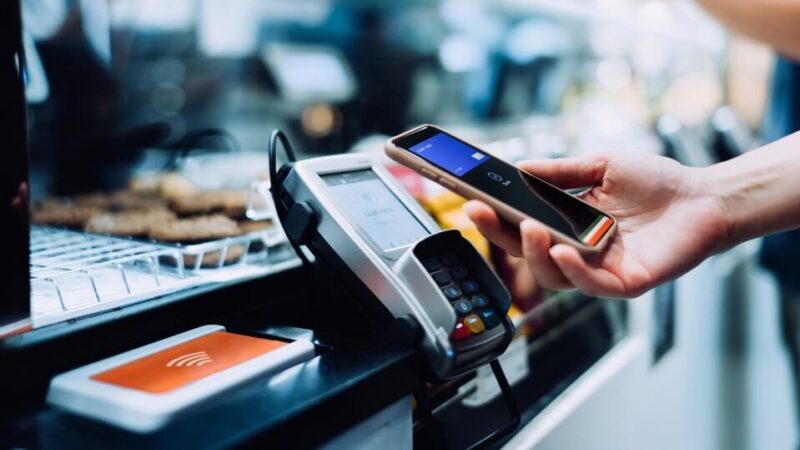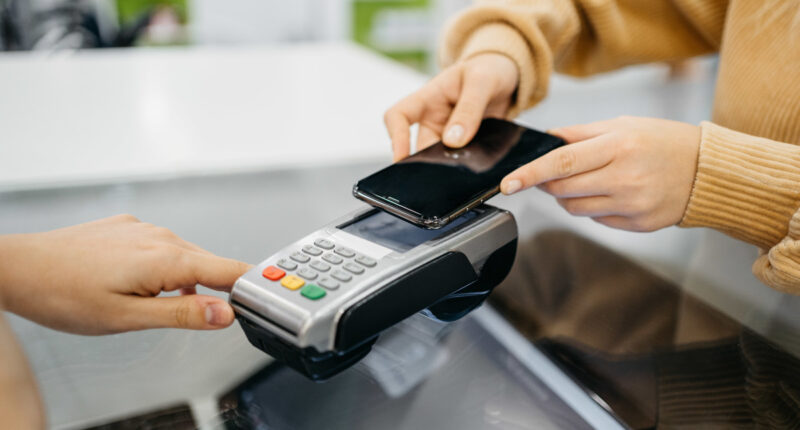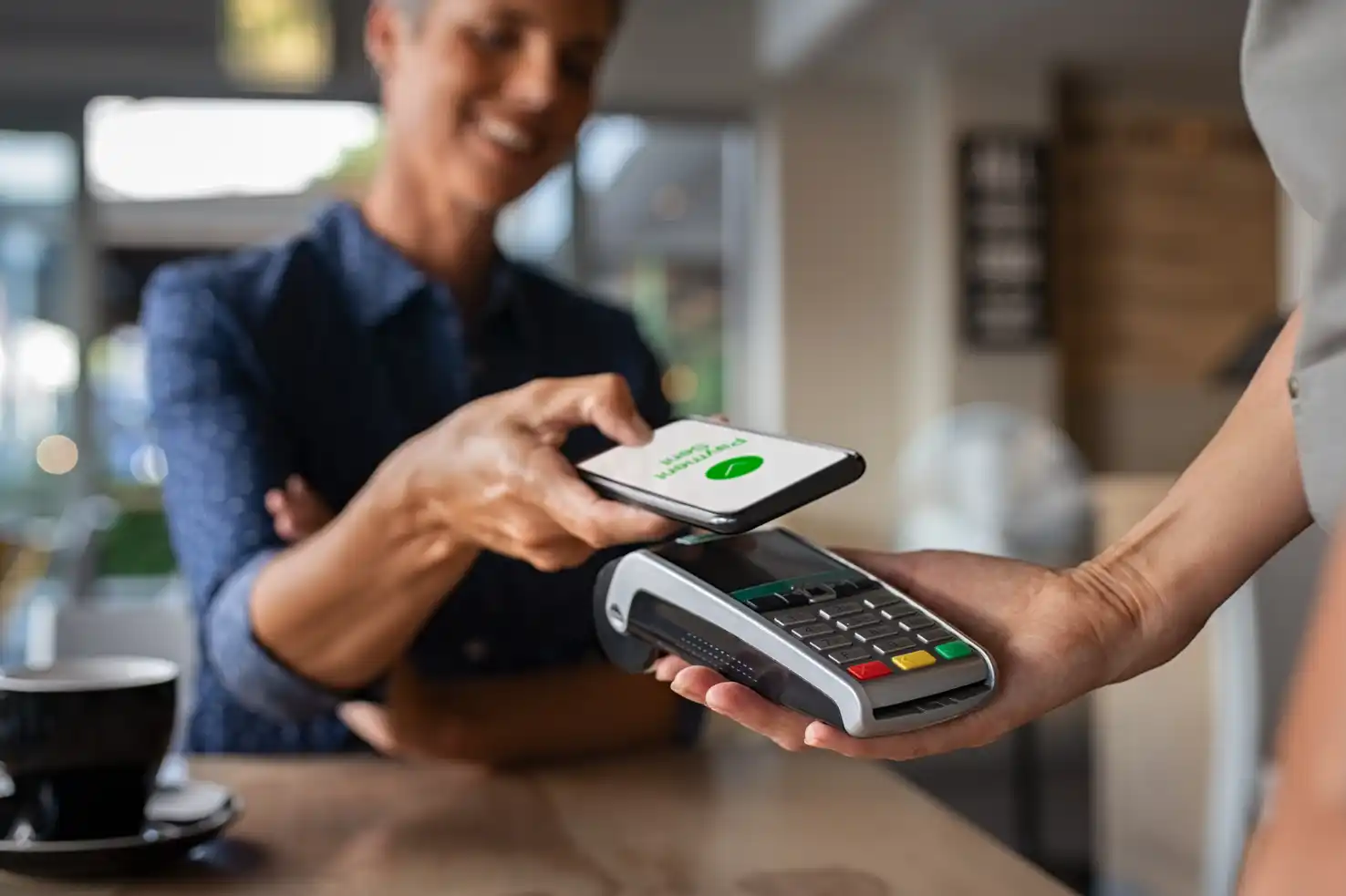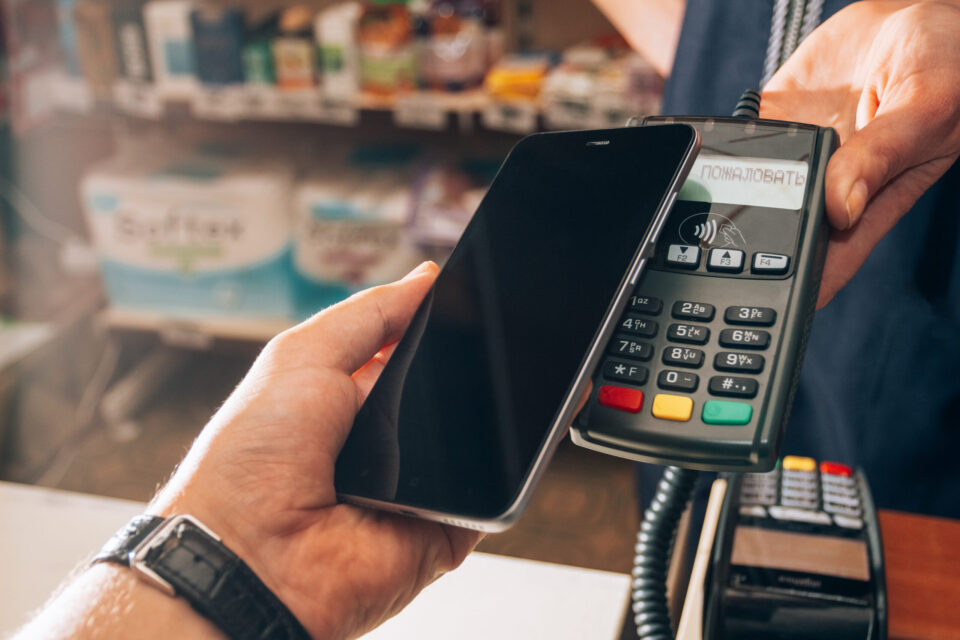In an era where convenience and efficiency reign supreme, the battle between mobile card machines and traditional card payment systems is more relevant than ever for businesses of all sizes. As consumer behavior shifts towards faster and more flexible payment options, businesses are faced with the crucial decision of choosing the right payment system. This blog post delves into the intricacies of mobile card machines and traditional payment systems, offering valuable insights to help you make the best choice for your business.
Understanding Mobile Card Machines

Mobile card machines allow businesses to accept payments anywhere, anytime. This portability is invaluable for businesses on the move, such as food trucks, market vendors, and service providers who operate outside a traditional storefront. The ability to process payments on the go can significantly enhance customer service and increase sales opportunities outside the conventional retail environment.
Typically, they boast lower upfront costs compared to traditional setups. They work by connecting to a smartphone or tablet via Bluetooth and utilizing a mobile app to process payments. This setup eliminates the need for costly hardware and complex installations. Additionally, many mobile payment providers offer pay-as-you-go plans, which can be more cost-effective for businesses with fluctuating sales volumes.
Security is a paramount concern in any payment system. They comply with standard encryption protocols, ensuring customer data is securely transmitted during every transaction. However, businesses must ensure their mobile device and payment apps are always updated to prevent any security vulnerabilities.
Exploring Traditional Card Machines
Traditional card machine have been the backbone of retail and service industries for decades, offering reliability and a sense of familiarity among users.
The Familiar Workhorse

Traditional card payment systems are widely recognized and trusted by consumers and merchants alike. They provide a stable and reliable method for processing payments, with dedicated lines ensuring constant connectivity. This can be particularly important in areas with poor mobile reception or for businesses that handle a high volume of transactions simultaneously.
Costs and Commitments
While the initial setup cost for a traditional machine might be higher, it often comes with a dedicated support system and maintenance plan. However, businesses typically enter into longer-term contracts with service providers, which might include monthly rental fees and transaction charges. This could be a downside for smaller businesses or those with fluctuating sales.
Security Standards and Infrastructure

Traditional machines adhere to robust security standards, offering features like chip and PIN technology. However, they also require regular updates and compliance checks, which can be a logistical challenge for some businesses. Additionally, they rely on a physical connection to a phone or internet line, which could limit their placement and usage within a business environment.
Conclusion: Making the Right Choice for Your Business
Deciding between mobile and traditional card machines depends largely on your business type, customer base, and operational style. Mobile card machines offer flexibility and lower upfront costs, making them ideal for mobile businesses or those with varying transaction volumes. Traditional machines, on the other hand, offer stability and familiarity, suited to businesses with a fixed location and high transaction volume.

